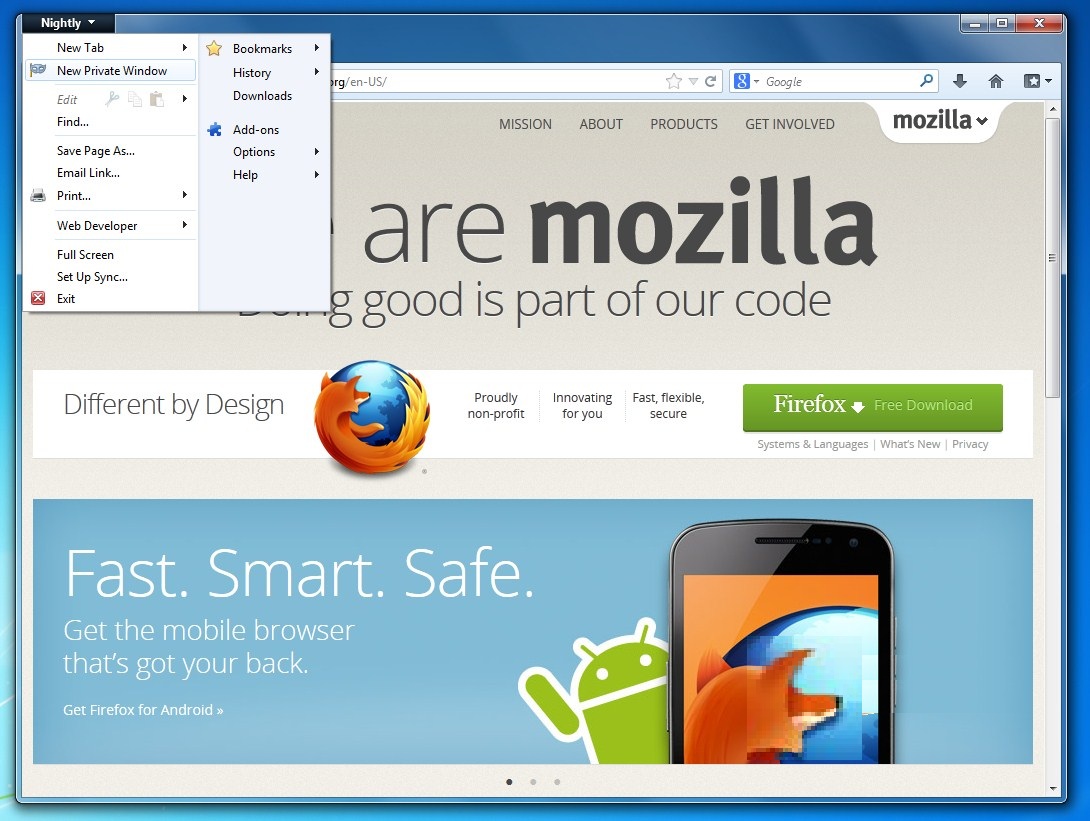

The growing popularity of Firefox may have spurred the move, some industry observers said. Yet the company made a surprise move this week, unveiling plans to release a new version of IE independently of an upcoming release of Windows so that it can more quickly fix security problems. Microsoft has been defensive about Internet Explorer, denying that it's more vulnerable to bugs than other browser programs. People downloaded more than 8 million copies of the test version of Firefox before the November launch. Mozilla developed the program using donations and an army of volunteer programmers, many of whom are presumably bent on challenging the dominance of IE. "Tens of thousands of devoted users and fans are a powerful and capable force of change." "What was just a small flame 100 days ago has since exploded into a phenomenal demonstration of the power of open source," lead Firefox architect Blake Ross wrote on a blog.

The group promotes the program as an alternative to Microsoft's Internet Explorer, which has become a target for computer virus writers and other security exploits.

Mozilla, which released the free 1.0 program in November, says an average of 250,000 people download Firefox every day and more than half a million Web sites feature Firefox promotions. That's the message this week from the Mozilla Foundation, whose Web browser Firefox has surpassed 25 million downloads in 100 days.


 0 kommentar(er)
0 kommentar(er)
